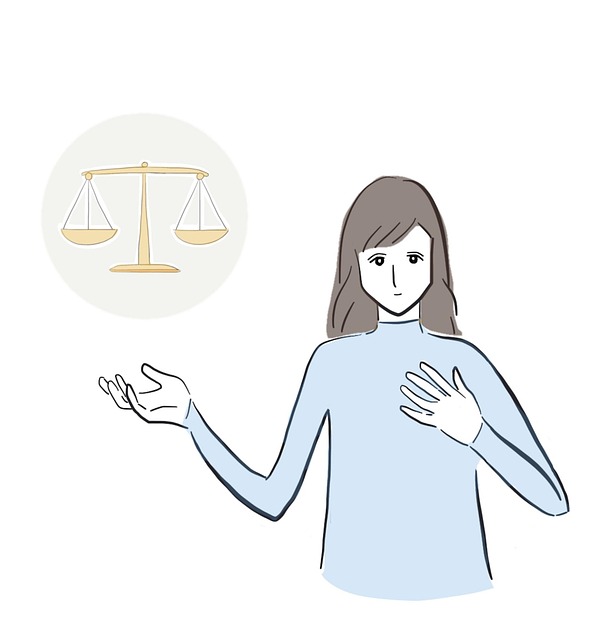The Woodlands criminal lawyers are vital cogs in ensuring client rights are upheld within complex legal systems, facilitating fair trials and due process. They guide clients through intricate procedures, educate them on their protections (like the right to remain silent), and foster trust through open dialogue. By staying updated on legal precedents, using advanced tools, and building expert networks, these lawyers overcome challenges. Case studies demonstrate their success in securing justice, such as dropping charges against a youth due to procedural irregularities or achieving a landmark ruling protecting activists' rights nationwide.
In the pursuit of justice, the role of a Woodlands criminal lawyer is pivotal in safeguarding clients’ rights to fair trials and due process. This article delves into the intricate web of legal protections, exploring key strategies employed by skilled practitioners to navigate complex challenges. We examine ‘Understanding Client Rights: The Foundation of Fair Trials’, ‘Challenges in Protecting Due Process’, and culminate with inspiring ‘Case Studies’ showcasing successful advocacy for fair treatment.
- Understanding Client Rights: The Foundation of Fair Trials
- Challenges in Protecting Due Process: Strategies for Woodland Criminal Lawyers
- Case Studies: When Advocacy Meets Success in Ensuring Fair Treatment
Understanding Client Rights: The Foundation of Fair Trials

In any legal system, understanding and upholding client rights is paramount for ensuring fair trials and due process. The Woodlands criminal lawyer plays a pivotal role in this regard, guiding clients through complex legal procedures to ensure their protections are not only known but also rigorously enforced. These rights serve as the cornerstone of a just society, guaranteeing individuals the opportunity to defend themselves against accusations with integrity and fairness.
One of the primary focuses for a Woodlands criminal lawyer is ensuring that clients are fully informed about their entitlements, including the right to remain silent, the right to legal representation, and the right to a speedy trial. By educating clients on these rights, lawyers empower them to navigate the legal process confidently, knowing their actions are protected under the law. This understanding fosters trust and collaboration, allowing for stronger advocacy and ultimately, better outcomes in court.
Challenges in Protecting Due Process: Strategies for Woodland Criminal Lawyers

Protecting clients’ rights to a fair trial and due process in Woodland presents unique challenges for criminal lawyers. The legal landscape is often complex, with intricate rules and procedures that can be easily misinterpreted or overlooked. Missteps in navigation can lead to severe consequences, including violations of fundamental rights.
Woodland criminal lawyers must employ strategic approaches to overcome these hurdles. This involves staying abreast of evolving legal precedents, meticulously preparing cases, and fostering strong client communication. By prioritizing open dialogue, lawyers can ensure clients understand their rights and make informed decisions. Moreover, building a robust network of legal experts and utilizing advanced case management tools can significantly enhance the protection of due process for Woodland clients.
Case Studies: When Advocacy Meets Success in Ensuring Fair Treatment

In the pursuit of justice, case studies exemplify moments where advocacy plays a pivotal role in securing fair trials and due process for clients. Consider the story of a The Woodlands criminal lawyer who took on a complex case involving a youth accused of a serious crime. Through relentless efforts, they exposed procedural irregularities and gaps in evidence, ultimately leading to the charges being dropped. This triumph underscores the power of dedicated legal representation in ensuring that justice is not only served but also accessible to all.
Another compelling example involves a group of activists who, through strategic litigation, challenged a local ordinance they deemed unconstitutional. Their advocacy, marked by meticulous research and robust arguments, resulted in a landmark ruling that not only protected their rights but also set a precedent for similar cases nationwide. These successful outcomes highlight the critical importance of legal expertise and perseverance in fighting for clients’ rights, demonstrating that when advocacy meets success, fair treatment becomes an achievable reality.
In a justice system that relies on fairness and accuracy, the role of woodland criminal lawyers is invaluable. By understanding client rights, navigating complex legal challenges, and employing successful advocacy strategies, these professionals ensure everyone receives a fair trial and due process. As demonstrated in the case studies, their dedicated efforts can lead to positive outcomes, ensuring that no one is denied their right to justice. For those seeking protection of their rights, a knowledgeable woodland criminal lawyer is an indispensable ally.



